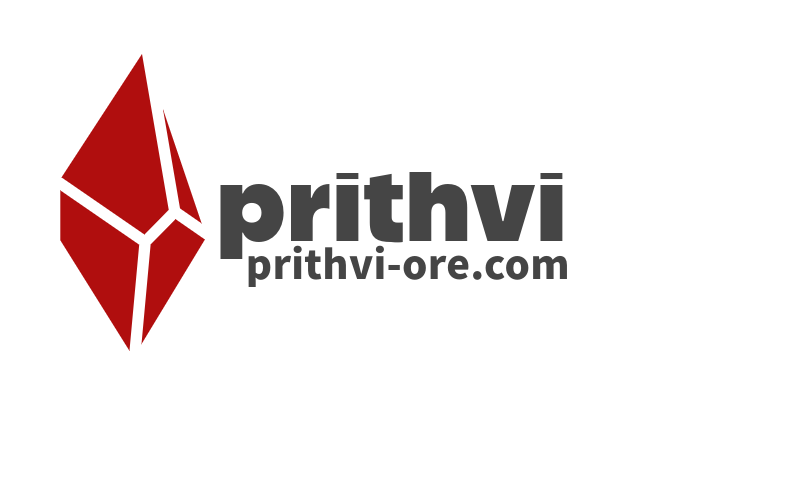The Importance of Iron Ore in Industrial Applications
Iron ore plays a pivotal role as a fundamental raw material in various industrial applications, particularly in steel manufacturing. Steel, recognized for its strength and durability, is essential in multiple sectors, including construction, automotive, and machinery. The process of transforming iron ore into steel involves several steps—beginning with the extraction of iron ore from mines, which is then subjected to processes such as crushing, grinding, and concentrating to separate the iron from impurities. The concentrated ore is subsequently smelted in a blast furnace, where it undergoes further refinement to create molten iron, which is eventually converted into steel.
The demand for iron ore is significantly influenced by ongoing infrastructure projects and the broader global economy. Emerging markets often drive this demand as they invest in large-scale infrastructure development, which necessitates substantial quantities of steel. Consequently, iron ore providers are essential in ensuring a consistent supply to meet this growing need. However, the iron ore market is not without its challenges. Providers often face significant market volatility, influenced by fluctuating prices and demand dictated by global economic conditions. Additionally, suppliers must navigate complex environmental regulations that seek to mitigate the ecological impact of mining operations.
Geopolitical dynamics play a crucial role as well, creating scenarios that can affect supply chains and pricing structures. Political instability in key producing countries may disrupt production levels, leading to shortages and increased prices in other regions. Looking ahead, the future outlook for the iron ore market indicates a continuing demand surge, driven by sustainable industrial practices and technological advancements in steel production. Iron ore providers will become increasingly vital, contributing not only to the industrial landscape but also enhancing their role in promoting economic growth and development on a global scale.
Key Players in the Iron Ore Supply Chain
The global iron ore market is dominated by a select group of established players and several emerging companies that play significant roles in the supply chain. Major producers like Vale, BHP, and Rio Tinto have established a substantial market share, thanks to their extensive mining operations, large production capacities, and sophisticated technologies. These companies are recognized for their efficient extraction processes and their ability to respond to market demands swiftly, making them key players in the industry. Vale, for instance, is known for its innovative techniques that enable high-volume output while minimizing environmental impact, reinforcing its position in the competitive marketplace.
Emerging players are also gaining traction, often focusing on niche markets or regions underserved by larger corporations. With growing competition, these companies adopt unique strategies to increase market presence, such as leveraging advanced mining technologies or prioritizing local sourcing to reduce logistics costs. Their engagement in the supply chain is vital as they often bring fresh perspectives and practices to the industry.
Logistics play a critical role in the iron ore supply chain. Transportation and shipping pose significant challenges due to the bulk nature of iron ore products. Efficient logistics are essential to ensure timely delivery to global markets. Companies invest in infrastructure, such as rail networks and dedicated ports, to streamline operations and minimize bottlenecks. This investment not only enhances competitiveness but also supports the demand-driven nature of the iron ore market.
Furthermore, corporate responsibility and ethical sourcing have become increasingly influential in shaping iron ore provider operations. Consumers today are more aware of sustainability issues, prompting companies to adopt responsible practices. This shift towards sustainable operations not only meets consumer expectations but also aligns with broader environmental goals, ensuring that iron ore providers remain competitive in a rapidly evolving market landscape.

